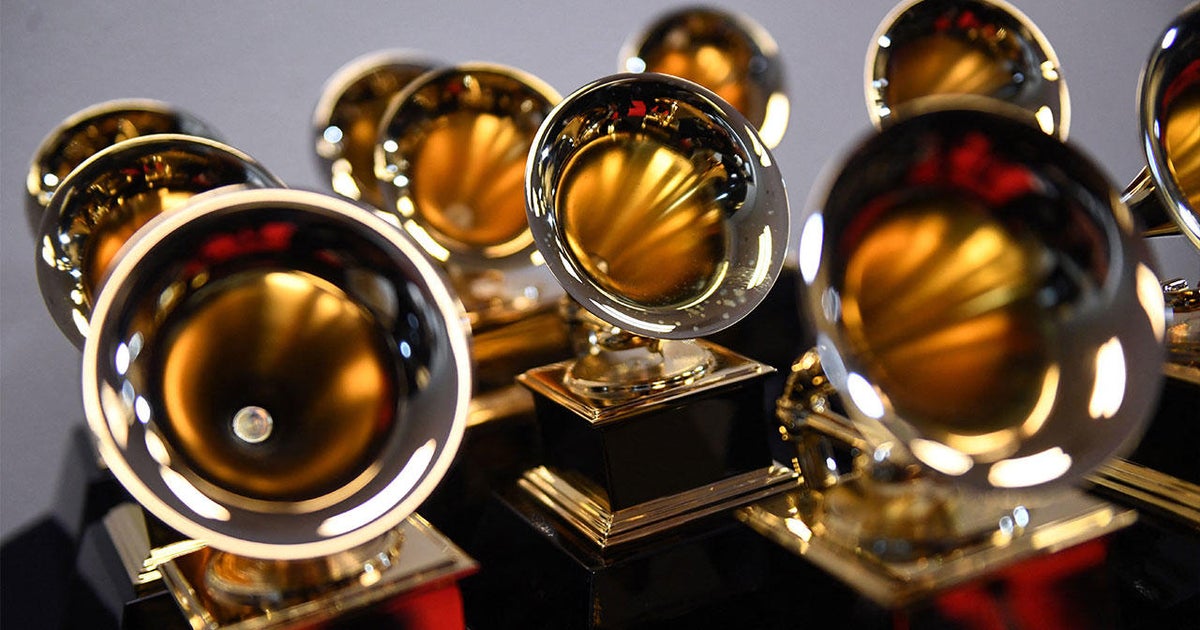The Grammy Awards are undergoing significant changes, with a new rule specifying that only human creators can win the music industry’s highest honor. This decision is a response to the use of artificial intelligence (AI) in popular music.
The recently released “Artificial Intelligence (AI) Protocols” state that “a work that contains no human authorship is not eligible in any category.” However, music that incorporates elements of AI can still be considered if a human creator makes a meaningful contribution to the music and/or lyrics.
The newly established requirements emphasize that the human authorship component of a submitted work must be meaningful.
This announcement comes shortly after Paul McCartney revealed that a forthcoming “last Beatles record” was composed using artificial intelligence. McCartney expressed both excitement and trepidation towards AI, stating, “We will just have to see where that leads.”
In addition to the AI rule, the Recording Academy has introduced other changes to various categories. In order to be nominated for the album of the year category, a music creator must now account for at least 20% of the work. This includes all credited artists, featured artists, songwriters, producers, engineers, mixers, and mastering engineers. The previous decision, made in 2021, allowed anyone involved in the album to receive a nomination.
The number of nominees in the “Big Four” categories (best new artist, album of the year, song of the year, and record of the year) has been reduced from 10 to eight.
Furthermore, the requirement for documentary footage to be performance-based in order to be nominated in the “best music film” category has been eliminated. This change acknowledges the evolving nature of music documentaries, which often include a combination of verité and archival footage.
Additionally, the Recording Academy has expanded eligibility to include music-focused and individual music videos that collectively create a visual album. This trend was popularized by Beyoncé’s “Lemonade” film in 2016 and has since been explored across various genres.
Renaming of awards is also part of the Academy’s changes. The “best improvised jazz solo” award is now called “best jazz performance,” while the “best regional Mexican music album (including Tejano)” category has been renamed “best música Mexicana album (including Tejano).” To qualify for the latter category, at least 50% of the lyrics must be sung in Spanish, or the majority of the musical content should reflect a traditional Mexican music style.
In addition, the Recording Academy has introduced three new categories: best pop dance recording, best African music performance, and best alternative jazz album.
Denial of responsibility! VigourTimes is an automatic aggregator of Global media. In each content, the hyperlink to the primary source is specified. All trademarks belong to their rightful owners, and all materials to their authors. For any complaint, please reach us at – [email protected]. We will take necessary action within 24 hours.


